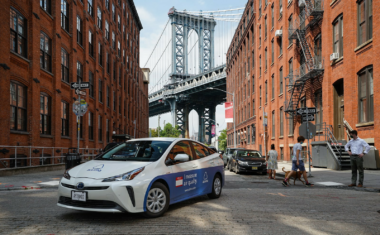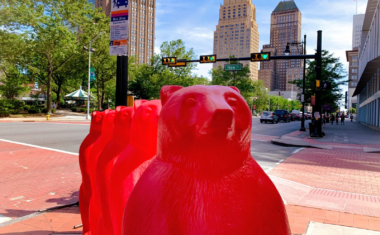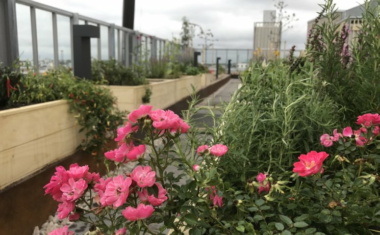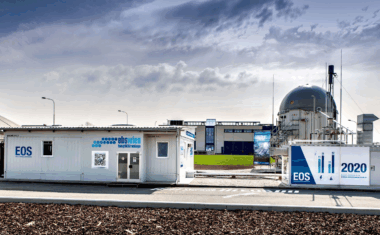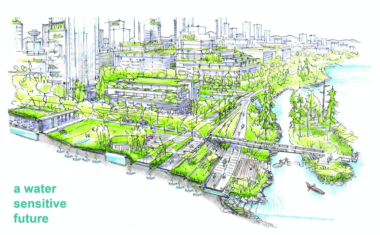Green Bin Organics Program
- 6 min to read
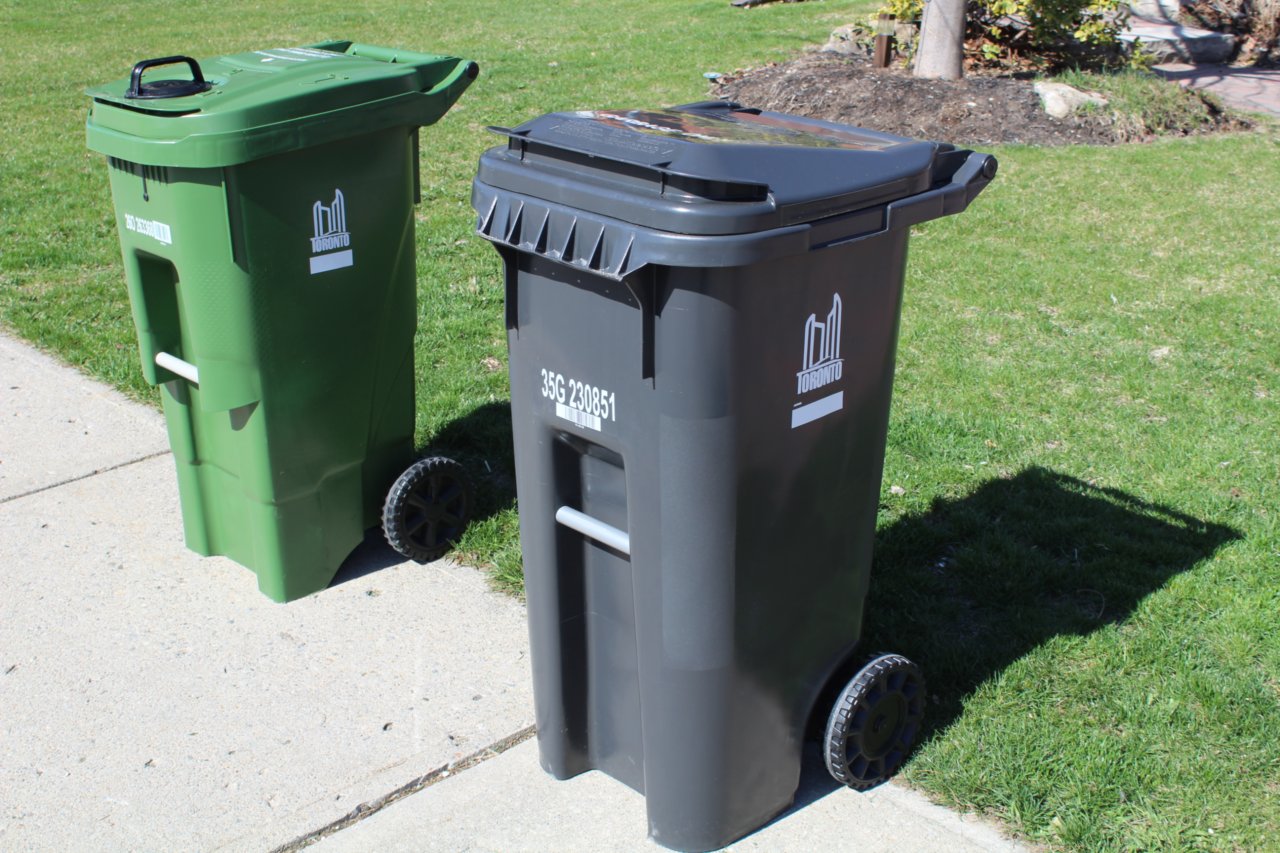
Toronto, Canada
About the city. The City collects organics from approximately 460,000 houses, as well as apartment and condo buildings, schools and City-owned buildings.
Goal
The main goal is to prevent organic waste from spreading and create nutrient-rich compost used to feed and nourish the soil.
Implementation period. The program has been implemented since 2018.
Fact
Almost 50 per cent of household waste (by weight) is organic material.
Solutions
The City’s Green Bin program helps keep waste out of landfills by collecting and processing organics into material that can be used to create nutrient-rich compost used to feed and nourish the soil.
Dog owners and walkers are asked to put dog poop in Green Bins in a plastic bag or paper bag. Bags do not have to be compostable or biodegradable. In parks that do not have a Green Bin, residents should dispose of dog poop and other organic waste in garbage bins or take it home and place it in the Green Bin (organics). Organic waste should not be put in recycling (Blue Bins). Putting non-recyclable items such as dog poop and food waste in public Blue Bins can ruin perfectly good recycling by sending it to landfills. In addition to dog poop, the park Green Bins can be used to dispose of other organic waste such as food scraps, napkins and diapers.
The City does not accept the following items marketed or labelled as compostable or biodegradable in its Green Bin organics program: non-fibre containers/packaging, coffee pods, coffee cups, cutlery.
These items, which may be made of or lined with bio-based plastic, must be disposed of in the garbage. Alternatively, products can be returned to retailers/manufacturers that offer take-back programs.
What are the benefits of the project?
There are many benefits to using anaerobic digestion to process organics. The City chose anaerobic digestion because it:
- produces nutrient-rich digester solids that can be turned into high-quality compost;
- reduces the greenhouse gas emissions of organic waste processing by allowing the biogas generated to be captured and burned off so that methane doesn’t escape into the atmosphere;
- provides an opportunity to create green energy by upgrading biogas into renewable natural gas;
- makes participation in the Green Bin program easier by allowing residents to put organics in regular plastic bags that can be removed in the pre-processing stage versus having to buy and use compostable bags;
- minimizes odours allowing the City to process organics within city limits in a controlled facility.
To process Green Bin organic waste, the City uses anaerobic digestion, which generates a by-product called biogas. The City is working with Enbridge Gas Inc. to install equipment at the Dufferin Solid Waste Management Facility that will allow it to turn the biogas produced into renewable natural gas (RNG).
Team
The City of Toronto, also Enbridge Gas Inc. partly.
If you notice an error or inaccuracy in our editorials, please email [email protected] so we can look into it.

